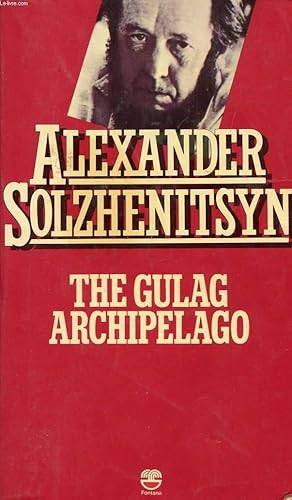
| Main centres: | 1-3 business days |
| Regional areas: | 3-4 business days |
| Remote areas: | 3-5 business days |
Fontana, 1973, softcover, index, illustrated, 660 pages, condition: good.
Drawing on his own incarceration and exile, as well as on evidence from more than 200 fellow prisoners and Soviet archives, Aleksandr I. Solzhenitsyn reveals the entire apparatus of Soviet repressionthe state within the state that ruled all-powerfully. Through truly Shakespearean portraits of its victimsmen, women, and childrenwe encounter secret police operations, labor camps and prisons; the uprooting or extermination of whole populations, the welcome that awaited Russian soldiers who had been German prisoners of war. Yet we also witness the astounding moral courage of the incorruptible, who, defenseless, endured great brutality and degradation.
Solzhenitsyn systematically goes through the horrors of the Soviet slave labour camps, one of the blackest chapters in world history. I read this book as a teenager, not long after it came out, and I was appalled that my parents had presented the Soviet Union as anything other than a monstrosity. For some reason, leftist people wouldn't properly admit it for a long time. I still can't quite understand why.
If you feel any shadow of sympathy for Soviet Russia, read Solzhenitsyn and you will be cured. One of the first myths he explodes is that it was all Stalin's fault, and that Lenin was basically a good guy. Lenin just happened to die early, so it wasn't as obvious that he was equally to blame. Solzhenitsyn recounts a comparatively minor and unknown incident from the revolution, where Lenin brutally orders some railway workers to be executed for not fully cooperating with the Bolsheviks. As he comments: just for this one episode, Lenin fully deserved to be shot. He was responsible for dozens of much worse things.